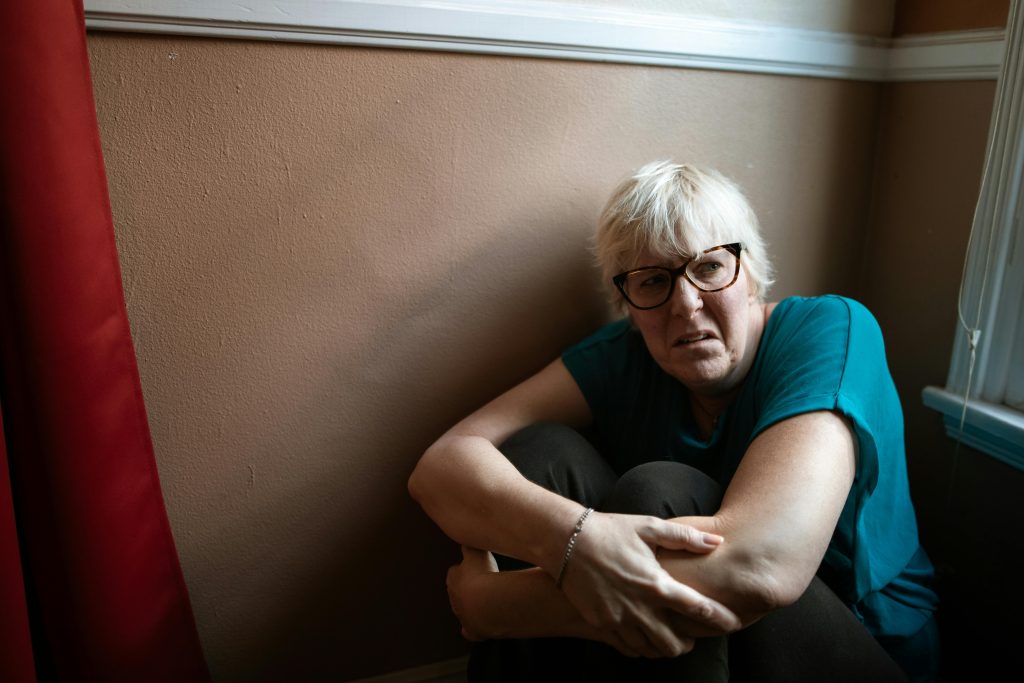The Hidden Risks of Untreated Substance Use Disorders
Contents
Key Takeaways
- Substance use disorder (SUD) affects both physical and mental health.
- Ignoring SUD can lead to severe consequences, including overdose and strained relationships.
- Seeking professional addiction treatment like medical detox and residential care can save lives.
Introduction
Substance use disorder (SUD) represents a medical condition that surpasses casual misuse of substances. The chronic condition controls every part of your existence. People avoid seeking help for substance use disorder because of stigma and denial and because they lack access to proper care.
The decision not to treat SUD leads to multiple severe health conditions, relationship breakdowns, and potentially fatal results. The publication discusses the dangers of avoiding addiction treatment by examining how medical detoxification services and residential care facilities provide coping pathways for patients.
What Is Substance Use Disorder?
Definition and Signs
SUD represents a medical condition that causes people to lose control of their substance use, even when it leads to negative outcomes. The medical condition transforms brain chemistry patterns, so people find it increasingly difficult to fight cravings as well as sustain healthy lifestyle choices.
Common signs of SUD include:
- Withdrawal symptoms like irritability, nausea, or fatigue when not using the substance.
- Increased tolerance, requiring more of the substance for the same effect.
- Difficulty fulfilling responsibilities at home, work, or school.
Why Some People Don’t Seek Help
The existence of stigma prevents numerous people from trying to seek help. People typically avoid judgment and misinterpretation. Some people fail to understand the seriousness of their health condition, while others feel embarrassed to seek help.
Health Risks of Untreated SUD
Physical Health Impacts
The human body suffers damage from substance abuse. The prolonged consumption of substances leads to severe damage to major body organs such as the liver, heart, and brain. The consumption of alcohol leads to liver cirrhosis as a result of abuse, while opioid use results in respiratory depression.
The practice of unsafe behaviors during substance use significantly raises the chances of contracting infectious diseases such as HIV and hepatitis.
Mental Health Consequences
Untreated SUD often coexists with mental health issues like depression, anxiety, and post-traumatic stress disorder (PTSD). The cycle of substance use and mental health struggles can make recovery even more challenging.
Worse, untreated SUD can lead to suicidal thoughts and self-harm, making early intervention critical. People with untreated substance abuse disorders frequently manifest mental health conditions such as depression and anxiety together with post-traumatic stress disorder (PTSD). Substance use pattern in tandem with mental health difficulties produces an extra obstacle for recovery.
Substance use disorder needs urgent intervention since untreated conditions can cause suicidal behavior and self-destruction.
Risk of Overdose
The duration of untreated addiction directly correlates to increased chances of fatal overdose. The development of tolerance throughout time makes individuals vulnerable to accidental fatal drug overdoses. People with untreated SUD face overdose as a primary reason for death.
Social and Emotional Consequences
Strained Relationships
Addiction often alienates loved ones. The trust of family members gets destroyed while friendships disappear because of unkept promises and unpredictable conduct.
Work and Financial Challenges
The use of substances creates work-related performance issues which result in employees missing work or losing their jobs. Addiction costs affect the person’s financial stability directly alongside otherwise causing substantial indebtedness.
Legal Troubles
The use of substances leads people to face legal problems, which include driving under the influence (DUI) and getting arrested for possessing illegal items or stealing. The problems create additional stress, which complicates the recovery process.
The Role of Professional Treatment
Addiction Treatment Options
Professional facility treatment provides a structured path to recovery. Key options include:
- Medical Detox: This supervised process safely manages withdrawal symptoms and prepares individuals for therapy.
- Residential Treatment: 24/7 care in a structured environment helps patients focus entirely on recovery without distractions or triggers.
Therapy and Counseling
Therapists work with patients to uncover the root causes of their addiction. Individual counseling and group therapy sessions offer tools for coping and healing.
Support Systems
Mentors in recovery and family treatment, together with peer support organizations, have been proven essential for achieving long-term recovery. Relationship building creates two vital results: it lowers feelings of isolation among people and strengthens accountability across groups.
Benefits of Early Intervention
Improved Physical Health
Early initiation of treatment diminishes serious medical conditions and creates an opportunity for the body to recover.
Stronger Relationships
People who seek help for their addiction soon after symptoms appear to gain back their families’ trust while developing better emotional bonds.
Higher Success Rates
Initial treatment involvement produces improved results over time. Early entrance into treatment results in better rehabilitation success rates and lower relapsing occurrences.
Conclusion
Substance use disorder is a serious condition, but it doesn’t have to control your life. Ignoring the problem only leads to greater harm, while seeking professional help opens the door to healing and hope.
If you or someone you love is struggling with addiction, take the first step today. Contact Virtue Recovery Killeen at 725-777-5685 for expert care and compassionate treatment. Together, we can build a brighter future.
FAQs
What are the risks of untreated substance use disorder?
Untreated SUD can cause severe health issues, strained relationships, legal problems, and an increased risk of overdose.
How does medical detox help in recovery?
Medical detox safely manages withdrawal symptoms and prepares individuals for the next stages of treatment.
What is residential treatment, and who benefits from it?
Residential treatment offers 24/7 care in a structured environment, ideal for those needing intensive support to recover.
Can untreated SUD worsen mental health problems?
Yes, untreated SUD often exacerbates mental health conditions like depression and anxiety, creating a cycle that is difficult to break.
Why is early intervention important?
Early treatment prevents severe consequences, improves health outcomes, and increases the chances of lasting recovery.
Resources:
https://nida.nih.gov/publications/drugs-brains-behavior-science-addiction/addiction-health
https://www.nimh.nih.gov/health/topics/substance-use-and-mental-health
https://medlineplus.gov/druguseandaddiction.html




